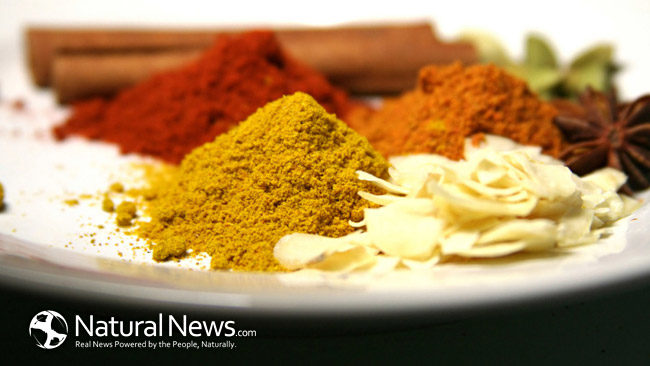No matter for cooking or medicinal purpose, herbs play an important role in our daily life. Speaking about the herbs used for cooking, there are several culinary herbs that are used either in fresh form or dried form.
“One secret of distinguishing oneself as a good cook is knowing how to use herbs and spices properly. When used well, herbs and spices can dazzle the taste buds, enhancing all the flavors in the food.” – Annie Berthold-Bond
In fact, herbs can make an ordinary dish into a special one:
- They are meant to flavor the meals, thus lowering the use of salt, sugar and at the same time, making the dishes tasteful.
- In addition to flavoring the dishes, many herbs contain high amounts of active ingredients and antioxidants, which are responsible for protecting the body against certain diseases.
This easy herb guide helps you figure out which herbs go best with which foods! Find out which herbs work best in various dishes and make more tasty meals!
The following herbs go well with these meats:
•Beef: thyme, celery, marjoram, coriander, sage, rosemary, oregano, garlic
•Chicken: garlic, marjoram, tarragon, oregano, coriander
•Fish, fried: mustard, oregano, tarragon, sage
•Fish, grilled: thyme, coriander, fennel, rosemary
•Pork: marjoram, mustard, oregano, sage, rosemary, thyme, garlic
•Roast Beef: basil, oregano, thyme, mustard, rosemary, garlic
•Turkey: basil, rosemary, cumin, oregano, thyme, sage
The following herbs work well in these dishes:
•Basil: tomatoes, tomato sauces, peas, squash, lamb, fish, eggs, tossed salad, cheese, potatoes, pasta
•Bay leaf: vegetable and fish soups, tomato sauces, poached fish and meat stews
•Dill: fish, cream and cottage cheese, potatoes, fish, vegetable salads, pickles, tomatoes
•Marjoram: fish, vegetable soups, cheese dishes, stew, roast chicken, beef, pork, stuffing
•Mint: jellies, fruit juices, candies, frosting, cakes, pies, pork, potatoes, peas and chocolate
•Oregano: tomato sauces, pork, pizza, vegetable and fish salads, chili
•Parsley: meats, vegetables, soups, eggs, cheese
•Rosemary: poultry stuffing, potatoes, cauliflower, fish
•Sage: stuffing, pork roast, sausage, poultry and hamburgers
•Savory: eggs, meats, salads, chicken, soups and stuffing
•Tarragon: fish sauces, egg and cheese dishes, green salads, pickles, chicken, tomatoes, sauces for meats and vegetables
•Thyme: soups, stuffing, beef, pork dishes, eggs, cheese, bean and vegetable soups and fish
End Notes
Do not mix two strong herbs. If two herbs are to be mixed mix mild one with strong one to make the dish palatable.
Do not overuse the herbs. As adding more amounts of herbs kills appetite.
Overcooking the herbs results in loss of flavor of herb.
Master the art of using herbs for cooking and then you can enjoy delicious food!
Sources:





